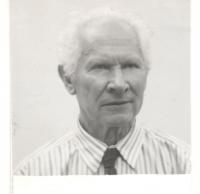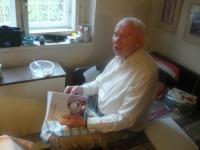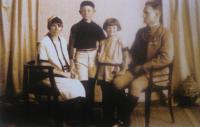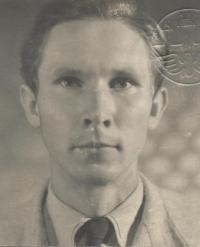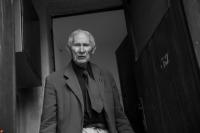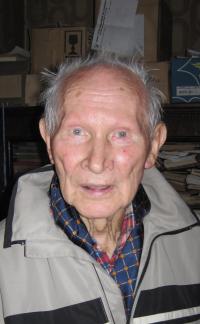The most important thing in life is to not let yourself get discouraged by obstacles standing in your way

Stáhnout obrázek
Jan Šabršula was born in 1918 in Bojkovice near Uherský Brod. His father was the headmaster of the business academy and the chief of a local youth organization („Sokol“). In 1937, Jan Šabršula joined the army and started to study at the military academy. In 1938, he served in the borderland nearby Slavonice. In the autumn of 1939, he started to study French and German at the Faculty of Philosophy in Prague. He stayed at the Masaryk dormitories in Dejvice. In November 1939, he took part in the anti-Nazi demonstrations. He was arrested and sent to Sachsenhausen concentration camp , where he stayed till December 1940. His father was arrested in 1941 and died in Auschwitz. In May 1945, Jan Šabršula took part in the uprising against German occupants in Havlíčkův Brod and as a volunteer he cooperated with the Red Army in the arrest of German soldiers. After the war, he finished his studies and he worked as a teacher at several secondary schools and at the Faculty of Philosophy in Prague. Jan Šabršula travelled to France several times, mainly for study and work purposes. For communists, France was listed among the „capitalist foreign countries“ and Šabršula needed their permission for his journeys. In 1962 he was contacted by the intelligence service of the Ministry of defence as a reserve officer with knowledge of foreign languages. In February 1963 Jan Šabršula signed a commitment of secret collaboration with a codename „Vědec“ (Scientist). In June 1964 he was evaluated as reluctant and useless and excluded from the collaboration. According to the archive documentation no cooperation was developed with him. Died in 2015.
